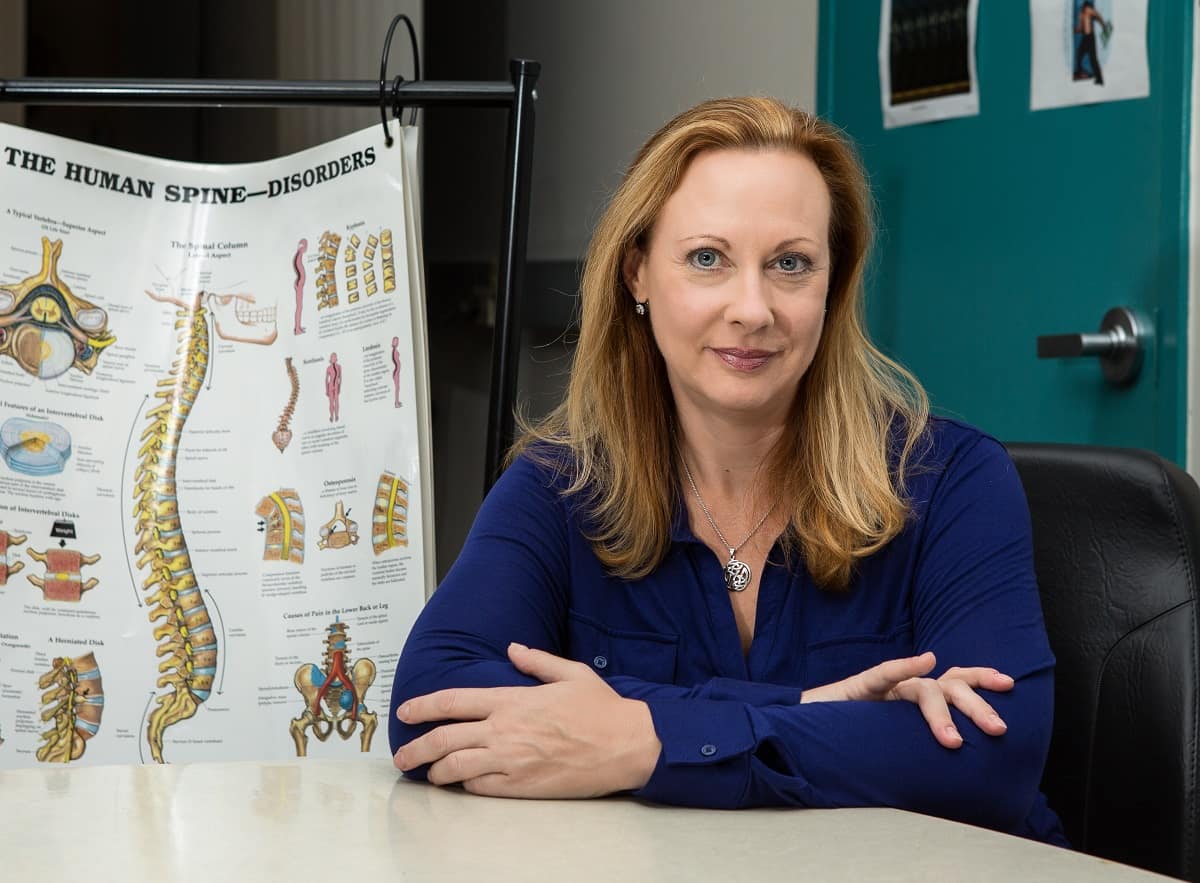Sports Psychology Expert Comments on Lessons to be Learned from the Winter Olympics

“Olympic athletes like long-track speed skater Brittany Bowe of Ocala, Fla., can teach us remarkable lessons, and parents watching the Winter Olympics can use those stories to talk to their children about patience, persistence and the ability to bounce back from failure,” Frederick said.
Frederick, who coordinates Embry-Riddle’s Master’s Program in Human Factors and Systems, pointed to Bowe as an example of courage and commitment.
Bowe, a former world-record holder in the women’s 1,000 and 1,500 meters who played college basketball at Florida Atlantic University, earned a 1,000-meter bronze at the World Cup Gangneung and then made a decision to step away from competition to focus on her health and training prior to the Olympics.
“This is a multi-sport athlete – clearly, a very physically talented person – who removed herself from competition for two years because she was micro-focused on an end-goal, which was to compete in the Olympics,” said Frederick. “For a top athlete, that took guts, and there’s a lesson to be learned there. Working toward an important goal is not for the faint of heart. Often, it takes a remarkable sense of self and patience and persistence.”
Some 75% of children who become engaged with organized sports will drop out by the age of 15, said Frederick, who earned her Ph.D. degree in psychological development from the University of Rochester and has taught sports psychology and studied human motivation extensively. “Very few children will turn into Olympians, of course, but every child can be encouraged to stay active and be healthy, and to persist with physical activities they can enjoy throughout their lives,” she added.
As Olympic athletes move up the sports pyramid, from youth teams to professional competition, they increasingly need “that extra drive and mental toughness to psych themselves up,” Frederick noted.
A psychological phenomenon known as “Fear of Re-Injury” can affect the performance of athletes who have suffered prior setbacks, such as U.S. skier Lindsey Vonn, who took home the Olympic downhill gold and super-G bronze in 2014 but had to sit out the 2014 games following a knee injury.
Usually, however, Olympic athletes receive exceptional rehabilitation, and they have access to significant amounts of information on their performance and health, all of which helps to lesson any fears. “When regular people are injured while engaged in a sport, they may tend to be far more cautious or even fearful going about trying that sport again,” Frederick said, “but professional athletes are given a great deal of objective data on their strength and fitness, and that helps them from a psychological standpoint.”
Athletes like figure skater Nathan Chen, who recently became the first male figure skater to land five quadruple jumps during a performance, and short-track speed skater Maame Biney, the first African-American woman to qualify for a U.S. Olympic speed-skating team, may feel increased pressure going into competitions because of heightened expectations.
However, Frederick said: “To succeed, top athletes need to understand their physiological states related to anxiety and worry. Anxiety has a strong physical component, but also a cognitive component, and it relates to their overall level of physical arousal. Each sport has different demands, and each athlete needs to manage their arousal, anxiety and worry levels so they’re ready to compete in their particular sport at the right time. That’s certainly going to be important for athletes in the Winter Olympics, but these are incredibly dedicated, consummate professionals. They’ve all had years and years of training to understand their optimal physiological states.”
Currently, as a professor in Embry-Riddle’s Department of Human Factors on the Daytona Beach, Fla., campus, Frederick serves as a graduate program coordinator and teaches psychology-related topics.
Previously at the University of Rochester, Frederick was an active member of the Motivation Research Group, focusing on motivation issues related to health and sport domains. She also taught Sport Psychology and served as a senior analyst with the University Computing Center. In 1993, she began teaching an array of subjects, including Sport Psychology, at Southern Utah University, where she continued her motivation research related to sport motivation, coaching motivation and eating disorders. She has also worked for the University of Central Florida / Daytona Beach Campus, and she has been a reviewer for research journals such as The Journal of Sport Behavior.

 Ginger Pinholster
Ginger Pinholster